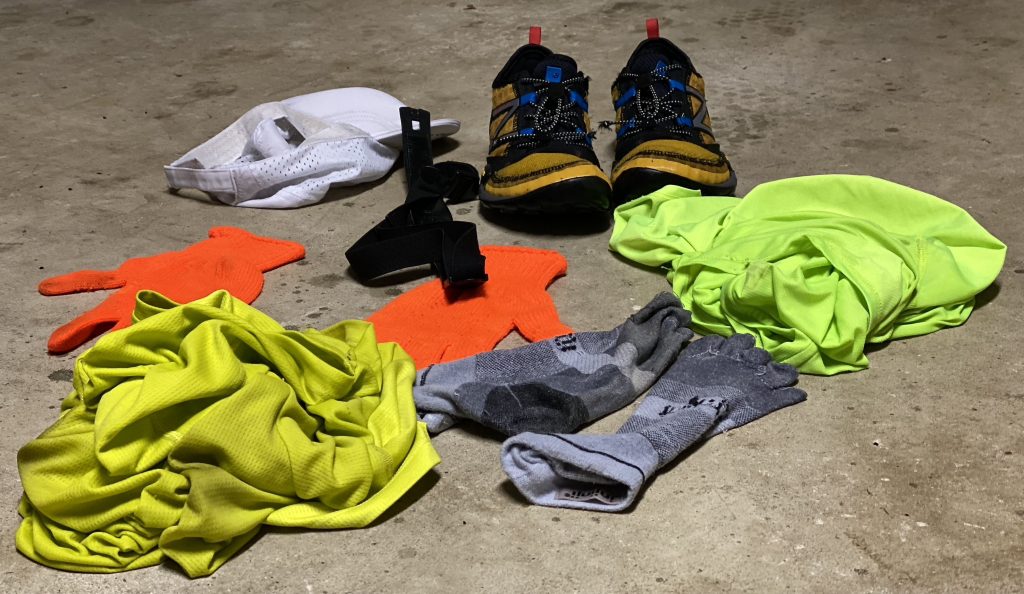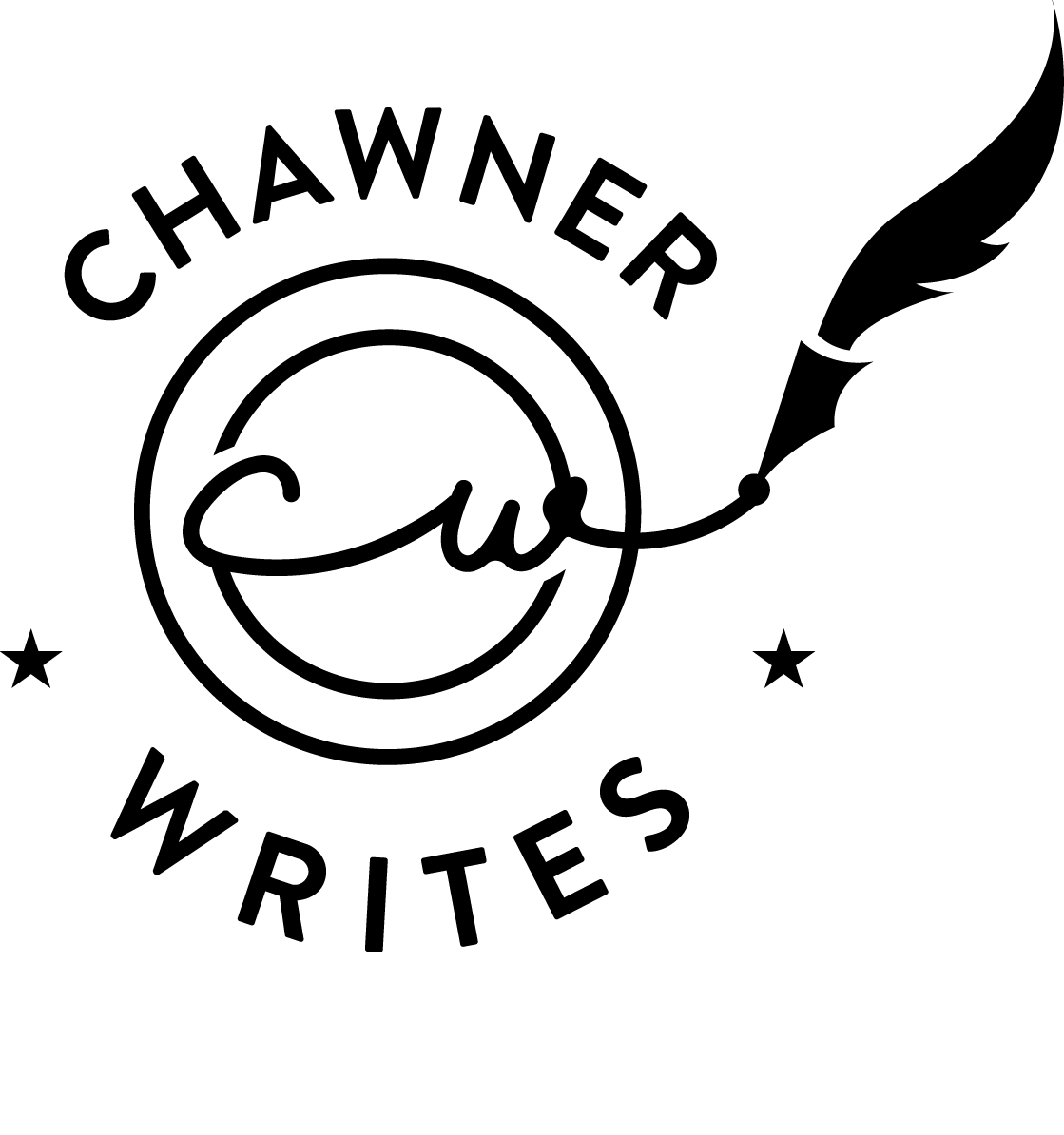
A different choice is a personal retreat. At my first job out of college as a Health Inspector Northern New Jersey town, one of the senior guys had a brilliant theory about vacations; it took almost a week to get your head out of the office and to relax, and you tensed up a few days before returning… so, if you only took a week or two, you couldn’t properly unwind. He always took a 3-week block each summer to get that prime one and a half weeks of true relaxation. I’m not looking for relaxation, but the same principle applies to creativity and mindful work. Simply not working (the day job) and dedicating time, either at home or in a remote location, could be enough. Just putting space between my analytical, stressful work life and the creativity and focus needed for writing gets us more than halfway there.
But life at home, especially with a quarantine-full house, is distracting. Family, chores, to-do lists, invitations to fall into the familiar routines, leaves a limited window for quiet, creative focus. Maybe two hours a day. During a quick few days off last week, I tried to correct for this by looking for places locally to hole up for a few hours. The only place I could find was a nice local cafe, but they were very busy and served lunches quickly, so I could only linger for so long. Local libraries and colleges were still closed.
The ideal self-made retreat has to involve travel. I could do it with one other person, maybe, but ideally by myself. I don’t know what the ideal length is; over three days, less than a week. Ideally, a small, quiet cabin in the woods. We keep heading back to Upstate NY for our local trips, so a small secluded cabin. Simple kitchen and bedroom, maybe a studio or a loft. A tiny house could work, I just need ample space to write comfortably. Preferably lousy internet connection.
The agenda would be simple; an expanded version of the current morning routine, maybe 1500 or 2000 words. This pushes whatever workout we do to later in the morning, but that’s okay. So wake up, Morning Pages, meditation and 2k words, followed by a workout. Breakfast in there somewhere, simple morning oats or something similar. After the workout, reading and a nap. Followed by editing and maybe another try at words on the page. Add another walk, preferably from the cabin, in nature. Quiet evening, either go out for dinner or cook something simple, followed by reading with a fire.
This dream schedule does two things: it puts hours into writing, consistent and focused over a short period. It also doesn’t do the long list of work or home tasks and interactions; there’s nothing to pull my head out of the writing space. And the time I’m not writing or focused, my mind can wander and think and grow.
A guiding principle for this dream was Neil Gaiman’s quote on how he comes up with his stories. Talking with Tim Ferriss, he said, “Yeah, ’cause I would go down to my lovely little gazebo at the bottom of the garden, sit down, and I’m absolutely allowed not to do anything. I’m allowed to sit at my desk, I’m allowed to stare out at the world, I’m allowed to do anything I like, as long as n’t anything. Not allowed to do a crossword, not allowed to read a book, not allowed to phone a friend, not allowed to make a clay model of something. All I’m allowed to do is absolutely nothing, or write.
What I love about that is I’m giving myself permission to write or not write, but writing is actually more interesting than doing nothing after a while. You sit there and you’ve been staring out the window now for five minutes, and it kind of loses its charm. You’re going, “Well, actually, let’s all write something.” It’s hard. As a writer, I’m more easily — I’m distractable. I have a three-year-old son. He is the epitome of cuteness and charm. It’s more fun playing with him than writing, which means if I’m going to be writing, I need to do it somewhere where I don’t have a three-year-old son singing to me, asking me to read to him, demanding my attention.
I think it’s really just a solid rule for writers. You don’t have to write. You have permission to not write, but you don’t have permission to do anything else.”.
If a self-made retreat did nothing else, it would give me time to allow my brain to be bored.
